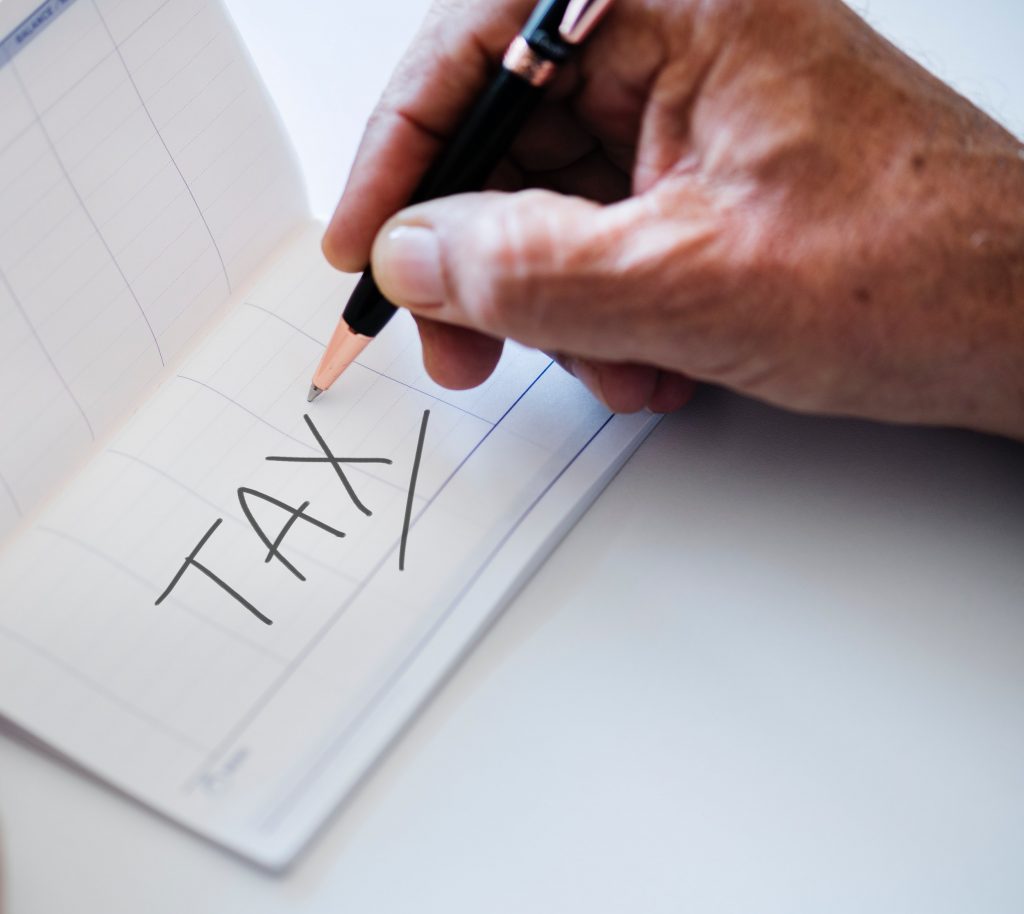
Certain payments, depending on the circumstances, may be tax-free, despite other similar payments resulting in being taxed. The following three situations require special care to determine if the payment is tax-free.
- Legal Settlements: To determine if your court settlement should be taxed, you need to consider the reason the settlement was granted, and if it serves as a replacement for another item. This means punitive damages are always taxed, even if they are connected to a personal injury settlement. Awards for emotional distress and anguish as a result of a personal injury or sickness case are generally non-taxed.
- Social Security: If your only source of income is Social Security payments, then it’s likely tax-free. However, if you have income from other sources, like part-time employment, taxable pension or earnings from investments, you may be required to pay taxes on up to 85% of your Social Security benefits, taxed at your typical federal tax rate.
- Sale of Your Home: If you’ve sold your home and made a profit, it’s likely tax-free, as long as the proceeds are below $250,000 for a single taxpayer ($500,000 for married couples filing jointly). Any amount exceeding these thresholds will be taxed by the IRS, generally at a lower rate subject to long-term capital gains.
It’s important to evaluate the situation carefully, as your personal circumstances can affect whether or not you have to pay taxes on the specific payments, even if they are generally considered tax-free.

